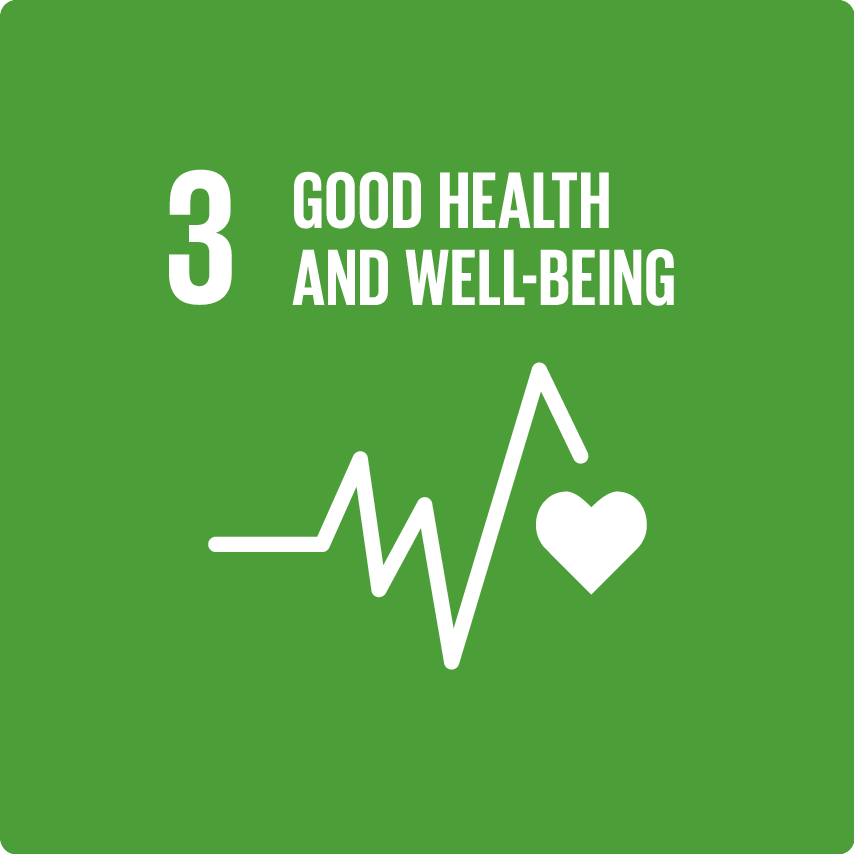WHPA Health Improvement Card
Improving global health through positive changes in behaviour and lifestyle, to reduce the 36 million death burden from non-communicable diseases.
SEE ALL PARTNER ORGANIZATIONS
Objectives
- Develop an easy-to-use guide and toolkit to reduce the risk of non-communicable diseases.
- Help the health community pay attention to the link between social determinants and the incidence of all NCDs.
- Promote a sustainable change in behaviours to achieve health.
- Strengthen the patient-doctor communication channels and primary healthcare systems.
What are the health needs and challenges?
Long-term chronic or non-communicable diseases (NCDs) are one of the leading causes of premature deaths worldwide, accounting for approximately 60% of global deaths. Yet most NCDs are preventable by improving diet, increasing physical activity levels, stopping tobacco smoking and reducing harmful use of alcohol. The global epidemic of NCDs is of major concern because it represents a significant threat to human health and development. Unless addressed, the burden of these diseases will continue to increase. All NCDs can either be prevented or, if identified early, treated and managed in a way that significantly reduces disability, financial and societal costs.
Partnership activities and how they address needs and challenges
The Health Improvement Card aims to improve global health through positive changes in behaviour and lifestyle and to reduce the 36 million death burden from non-communicable diseases.
The scorecard helps individuals rate their behaviours in a “stoplight-type” fashion. Behaviours in red are labelled as highly risky. Behaviours in yellow indicate caution, and those in green correspond to healthy, sustainable behaviours. The goal is to help patients gradually move their behaviours to the green area. The NCD toolkit will be shared with over 26 million health care professionals in more than 130 countries to help encourage patients to identify and prevent risky behaviours. The scorecard keeps track of biometrics and behaviours that affect a patient’s likelihood to develop a chronic illness over the long-term. Four biometric indicators and four lifestyle indicators provide a comprehensive panorama on the patient’s health status. A constant use of this resource allows individuals and health professionals to develop targeted interventions to improve their health and well-being. The four biometrics help monitor:
- Body mass index and cholesterol, to reduce the risk of cardiovascular diseases
- Fasting blood sugar, to help prevent diabetes
- Blood pressure, to check for hypertension
The four lifestyle indicators are shown to:
- Avoid tobacco use and harmful alcohol consumption
- Improve diet
- Undertake regular sufficient physical activity
- Achieve and maintain healthy weight
- Manage tension and stress
- Promote preventive care and screening for preventable illnesses
Overall, the Health Improvement Card helps the health community pay due attention to the inextricable link between social determinants of health and the incidence of all NCDs—extending the scope to mental and oral health illnesses. By focusing on a holistic approach to health, WHPA goes beyond the narrow frame of corrective NCD action and promotes a sustainable change in behaviours to achieve health. WHPA hopes this initiative will strengthen the patient-doctor communication channels as well as primary healthcare systems. The scorecard reminds patients that health is in their hands. A mobile application of the Health Improvement Card, called Healthy Score, was also made available for download. The app includes an alert system based on the commitments selected to support people on their path to healthier living.
Geographic Reach
- Global Commitment
Disease Area
- Non-communicable diseases
Partner organizations
World Confederation for Physical Therapy
World Dental Federation (FDI)
International Council of Nurses (ICN)
World Health Professions Alliance (WHPA)
World Medical Association (WMA)
International Pharmaceutical Federation (FIP)
Geographic Reach
Global Commitment
Disease Area
Non-communicable diseases
- General Noncommunicable Disease Care (Health System)

